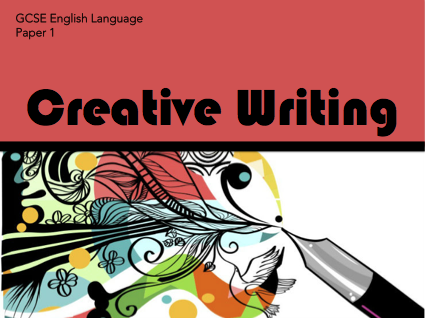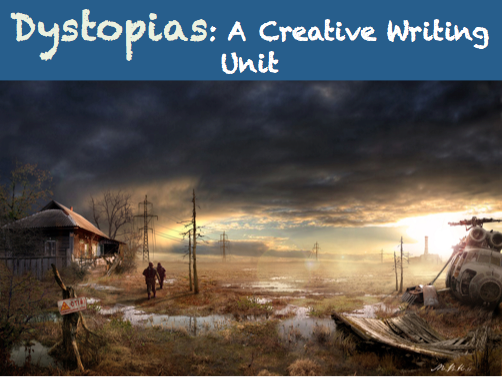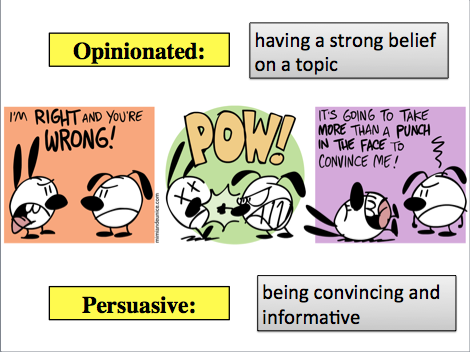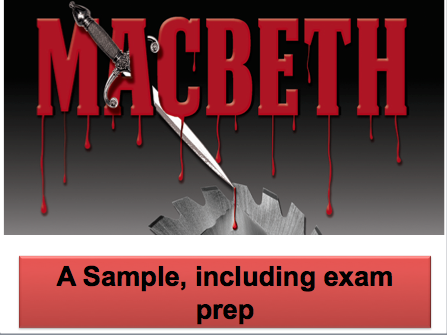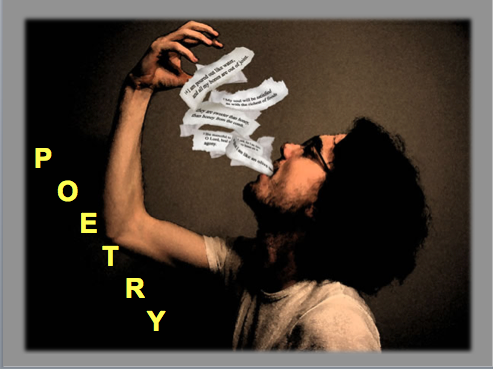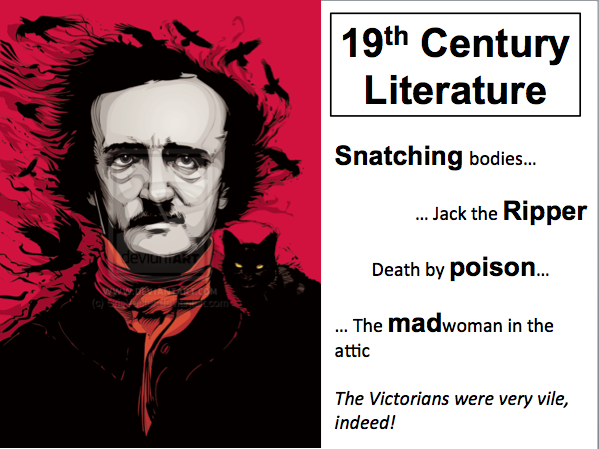Tajbarfoot's Shop
For students, English is mandatory; for me, it's a passion. Driven to unlock in my students the joy I find in English language and literature, I strive to make interesting lessons based on topics students tell me they love, and throw as much creativity into the mix as I can to stave off boredom for everyone.


